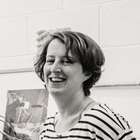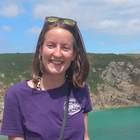AccessLab
*The studio that led this project is now called Then Try This - you can find more up to date information on AccessLab on their new website*
The AccessLab project is about broadening access to scientific evidence. We do this through pairing scientific researchers with people who are seeking reliable information for their work or personal lives. Our focus is on developing skills for finding scientific information and judging its reliability, rather than just transferring subject-specific knowledge.
During the workshops we:
- Look at how scientific research is funded and published, and how you can access it.
- Cover basic fact-checking for media stories that relate to science.
- Have time to co-research a science-related topic of your choice one-to-one with a paired researcher. This can be anything you like and is not necessarily limited to the theme of each workshop.
Past participants have used AccessLabs to enact policy change (e.g. a councillor who looked into carbon dioxide emissions from idling coaches and achieved a ban), gather evidence for a court case (e.g. a Government agency official who looked into the impact of net sizes on fisheries catches), research content for books and films (e.g. an illustrator who looked into the menstrual cycle for a children's book), and do their jobs more sustainably (e.g. a professional gardener who looked into whether harvesting seaweed as a fertiliser was environmentally problematic). In total, 148 people have now taken part in an AccessLab.
Through iterating pilot events with different audiences, we have developed a robust workshop model that can be rolled out nationally and led by others. The format has been published in PLoS Biology and is available here.
"It’s brilliant… it’s a long time since I was part of a workshop that gave me so much in just one day. I feel I have fundamentally shifted the bounds of possibility."—Policy sector participant, Plymouth 2018.
Why?
Recent world events have highlighted how difficult it can be to find trustworthy sources of information. Difficulties in accessing and judging information can have profound effects on our lives, and when some people have access to less or poorer quality information than others, inequalities are born.
Luckily, the ability to find information and judge its reliability is a skill that be learned. The AccessLab project is about improving access to and the judgement of scientific information, through direct citizen-scientist pairings.
Scientific research impacts on many important aspects of people’s lives. Farmers need to know how to encourage biodiversity and how to protect their livestock from disease, shoppers could want to know whether the latest 'superfood' really does provide health benefits, policy makers might want to know how climate change will affect their local area, parents need access to trustworthy information on childhood vaccinations, and those who get ill will be more likely to seek the right treatment given access to reliable information. Helping people understand how to access and use scientific research gives an extra form of information that they can use to make this type of decision.
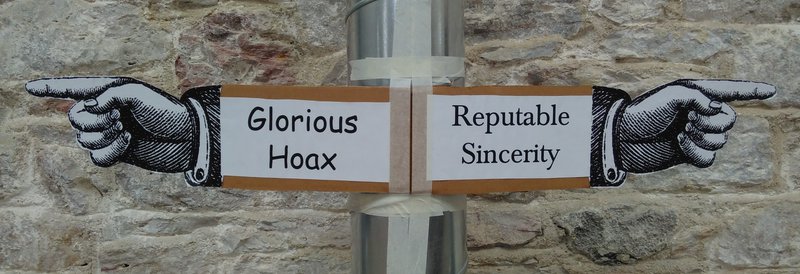
From a scientific researcher's perspective, finding information and then critically asking 'why should I believe this?' are arguably the most fundamental skills required to do their job, and it's easy to forget how valuable and unusual this skill is. There are remarkably few opportunities for junior scientific researchers to come into working contact with those who want to understand and use their research, and this has direct consequences for how accessible scientists make their work.
"I want to interact much more with local organisations/government. I realise we have much we could accomplish together, even if not directly related to my research." —Researcher participant, Plymouth 2018.
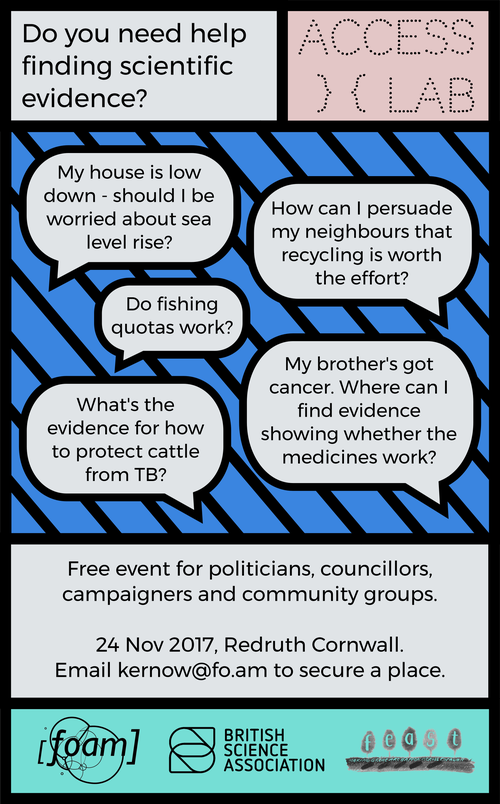
AccessLab workshop participants request help with a topic that is related to science and is of interest personally or for their work – for example regarding a medical issue, renewable energy, farming or fishing, robotics or artificial intelligence. Through one-to-one working with the science researchers, we provide an opportunity for the participants to learn how to find sources of scientific information, and how to judge the reliability of these sources. Instead of giving subject-specific answers to the questions/topics that the participants come with, the aim is to support participants in understanding how they can find reliable information on topics that are relevant to them. This approach means that the participants are empowered to extend their learning to other issues of interest, and are themselves able to pass on the skills learned.
"I found the AccessLab workshop really useful—it has helped me search for fisheries related projects/research, which I have then taken forward as examples to support investigations which I am currently working on. Delighted to be able to pull a more scientific strand into my investigations"—Marine sector participant, Penzance 2018
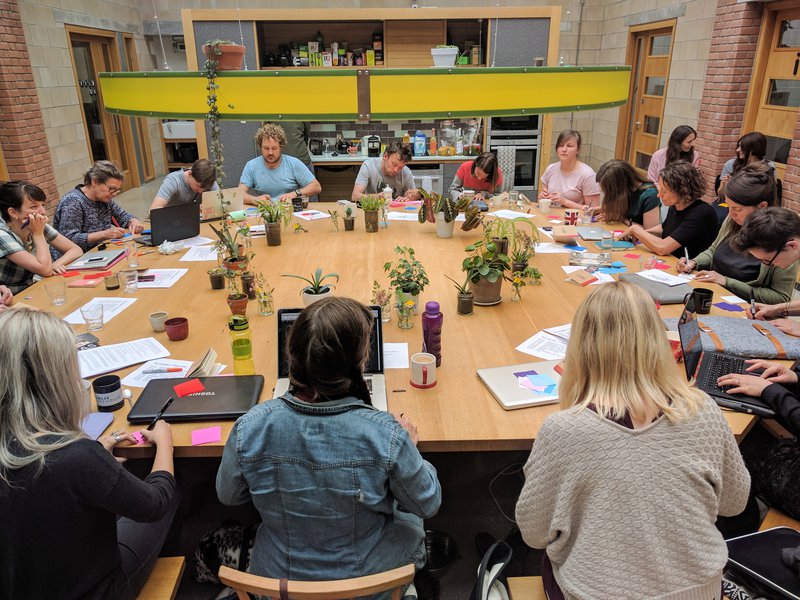
Who's Involved?
In 2017 we ran two workshops, first partnering artists with science researchers (funded by FEAST Cornwall), and second partnering council members and community group leaders with science researchers (funded by the British Science Association). In 2018 we formed a new partnership between FoAM, the British Science Association, and the Natural Environment Research Council - we ran three AccessLab events in the South West UK, first in Penzance for the marine sector, then in Exeter for media/journalists (led by the BSA), and finally in Plymouth for policy makers (funded by the Natural Environment Research Council). In 2019 we adapted the model for Extinction Rebellion - our most successful workshop to date, with queues out the door an hour before it began. Based on this experience, we are now working with Falmouth Library and the European Centre for Environment and Human Health and have completed a new series of three online AccessLabs in 2020/2021 focused on Climate, Environment and Health, funded by the Carnegie Trust, Wellcome Trust and Wolfson Foundation's Engaging Libraries scheme.
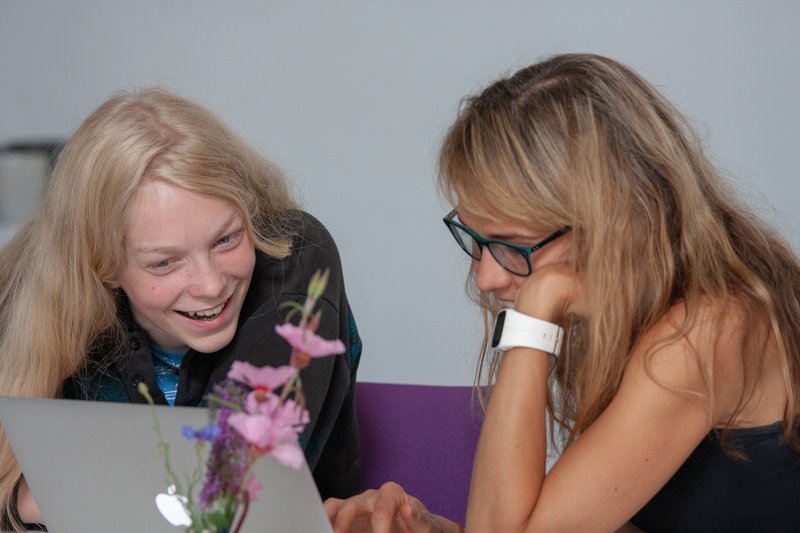
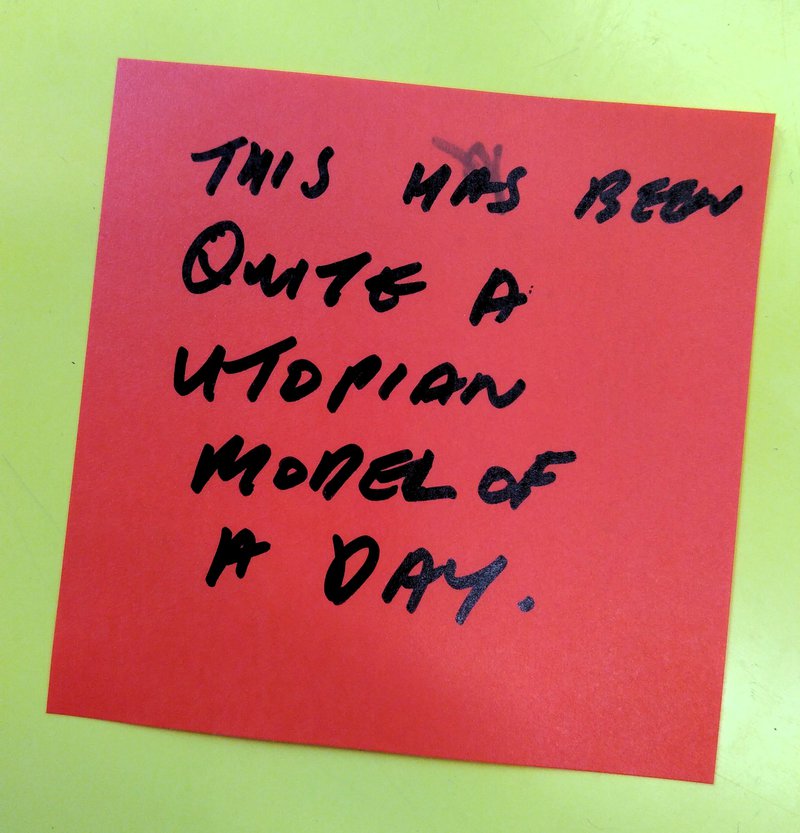
media case study links [for use during the workshop]
Created: 29 Jan 2017 / Updated: 05 Sep 2022







